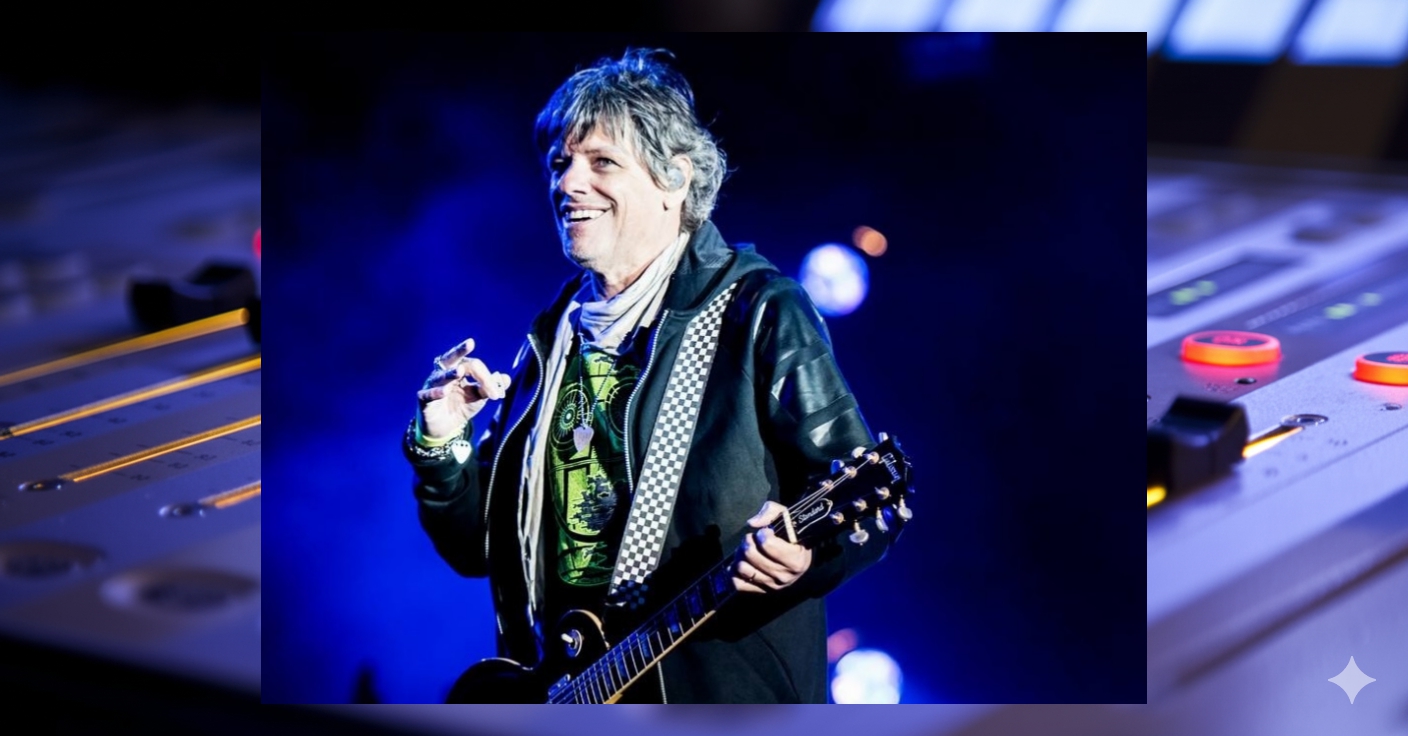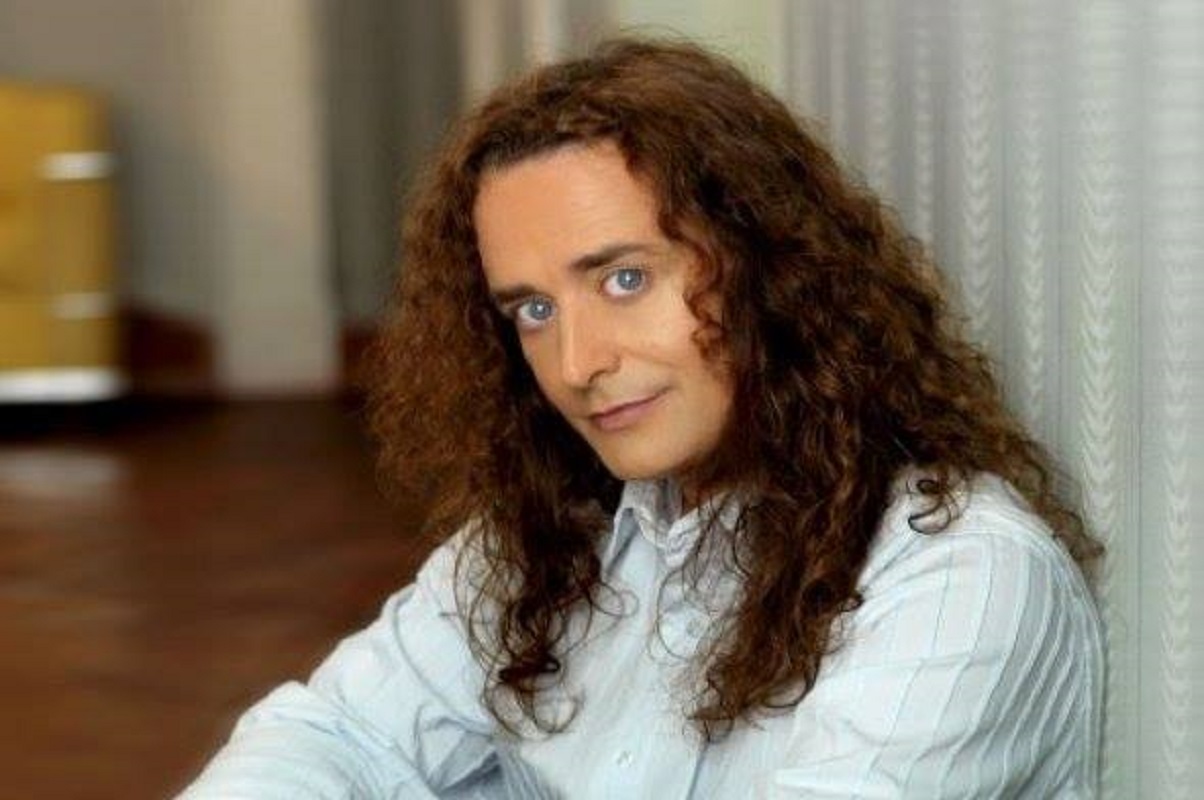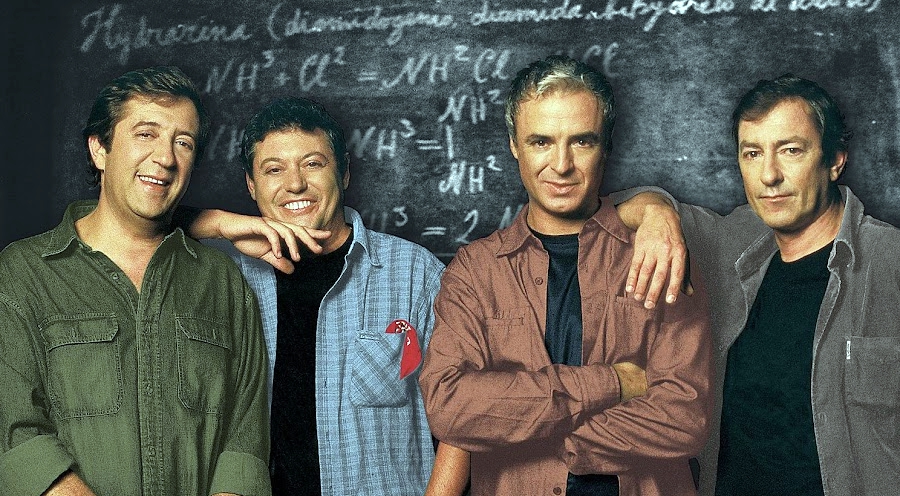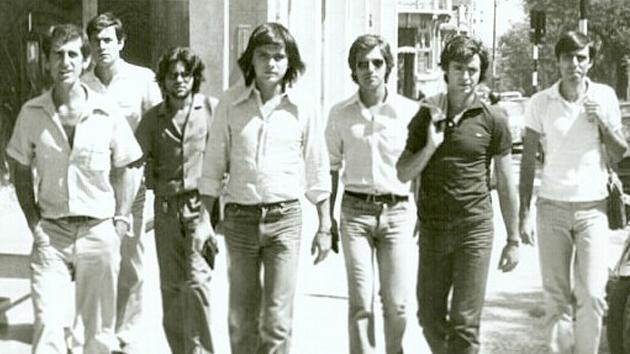The career of Marco Paulo, whose artistic name is João Simão da Silva, is the chronicle of an improbable ascent, born in the modest village of Mourão, in Alentejo, on January 21, 1945. Far from the spotlights and luxury, his childhood was marked by simplicity and an innate passion for music, a fire that burned under his baptismal name and would lead him to become one of the most beloved and record-selling singers in Portugal. His trajectory is a testament to the power of popular talent.
Still in his youth, and after his family moved, it was in Alenquer that young João Simão took his first steps, singing at parties and talent contests. At the age of 17, with his father’s authorization, he entered the doors of RTP (Portuguese Public Television), in a performance that foreshadowed his vocation for the stage. The decision to turn professional, after a period in Madeira alongside Madalena Iglésias, marked the point of no return for the construction of his musical alter ego.
After military service, including a period in Guinea-Bissau, the name Marco Paulo began to be drawn on the national scene. His first single, “Quando tu passas por mim” (When you walk past me), in 1966, was the prelude to a romantic and engaging style that quickly resonated with the sensitivities of the Portuguese public. His powerful voice, capable of conveying pure emotion, was ready to capture hearts.
The 1970s and 1980s crystallized the Marco Paulo phenomenon. Songs like “Eu Tenho Dois Amores” (I Have Two Loves) and “Ninguém, Ninguém” (No One, No One – his first gold record) became true anthems, capable of uniting generations and social classes. His unpretentious romanticism and easily hummable melodies made him an indispensable name on any party or national radio show.
The scale of his success is undeniable, translated into record-breaking numbers. With over 5 million copies sold throughout his career, Marco Paulo was honored with more than 140 distinctions, including platinum, gold, and silver. The Diamond Trophy, awarded to him for a single album surpassing one million sales, is the ultimate symbol of a unique popularity in the Portuguese music industry.
Marco Paulo’s fame transcended Portugal’s borders. He became the singer of choice for emigrant communities in countries like Brazil, the United States, Canada, and France. For the diaspora, his songs were a piece of home, a melodic bridge that connected longing hearts to their homeland, reinforcing his status as an ambassador of popular Portuguese music.
In the early 90s, the album “Amor Total” (Total Love) proved to be another sales champion, driven by major hits like “Amante, Irmão, Amigo” (Lover, Brother, Friend). This period marked the consolidation of his image as the eternal romantic hero of song, an artist who spoke openly about universal feelings: love, longing, and pain.
Beyond the stage, Marco Paulo conquered the small screen. Starting in 1994, he hosted the television program “Eu Tenho Dois Amores” on RTP, and in later years continued his regular presence on television. This facet allowed him to further strengthen his relationship with fans, displaying a charismatic and communicative side that complemented his art.
Marco Paulo’s life was not just made of glamour. For almost two decades, he faced several battles against cancer—breast cancer, a rare disease in men, a tumor in his kidney, lung, and liver. These moments of fragility exposed his humanity, revealing him as an unyielding fighter whose faith and optimism became an inspiration to his fans.
With every health setback, Marco Paulo demonstrated remarkable resilience. His return to the stage and public life after treatments was always eagerly awaited. His positive attitude, often highlighted in interviews, was proof that life and music continued to be his greatest passions.
In 2016, he celebrated 50 years of his career with a memorable tour, performing in emblematic venues such as the Coliseums of Lisbon and Porto. These concerts were more than performances; they were a celebration of a legacy, an emotional reunion with the public who had faithfully followed him for half a century.
His merit was recognized beyond sales. In 2014, he received the “Lifetime Achievement Award” at the International Portuguese Music Awards. In 2022, he was honored with the degree of Commander of the Order of Infante D. Henrique, a distinction that formalized his invaluable contribution to Portuguese culture.
On October 24, 2024, Marco Paulo passed away at the age of 79, leaving an immense void. His death, after a long battle with oncological disease, marked the end of an era. However, his legacy endures in the melody and lyrics that teach that love is the greatest force. His music became the soundtrack to the lives of many Portuguese people.
Marco Paulo was more than a singer; he was a popular figure who remained close to his audience, never losing the simplicity of his Alentejo origins. His “maravilhoso coração” (marvelous heart), so often sung about, was the mirror of a man who dedicated himself body and soul to art, leaving an indestructible mark on the Portuguese songbook. He will forever be remembered as the king of Portuguese romantic music.










